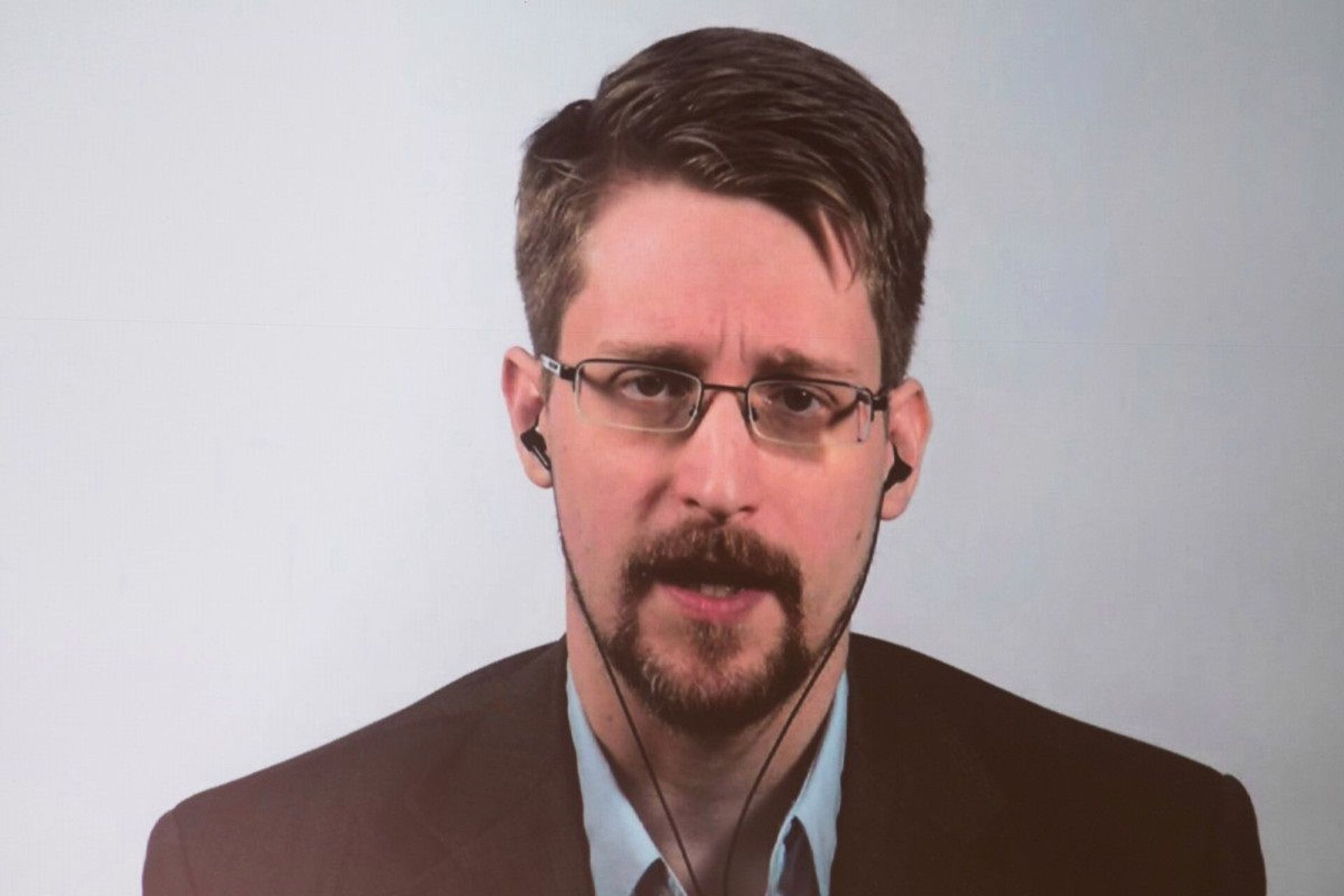Britain's GCHQ breached people’s fundamental human rights by intercepting huge amounts of email, text, WhatsApp and other electronic conversations, the European Court of Human Rights has ruled.
The Guardian reported that Judge Pinto de Albuquerque said he believed GCHQ had opened the gates for an electronic “Big Brother”.
GCHQ was taken to court by a pressure group, Big Brother Watch, in 2013 following revelations by former National Security Agency contractor Edward Snowden that they, along with the NSA in the United States were hoovering up vast amounts of communications globally.

The British government argued bulk interception was critical for national security and had helped uncover several terrorist threats.
On its website GCHQ director Jeremy Fleming writes: “History shows that GCHQ has helped shorten wars, thwart terrorist attacks and apprehend serious criminals. To do that we produce intelligence to support policy makers in their decisions and enable partners, such as the military or law enforcement, to take action.”
The 17 judges of the Grand Chamber, based in Strasbourg, ruled the UK had breached the “right to respect for private and family life communications” and the “right to freedom of expression.”
The European Court of Human Rights just confirmed GCHQ acted illegally in conducting mass surveillance.
— Declassified UK (@declassifiedUK) May 25, 2021
But it's even worse - GCHQ is being allowed to infiltrate our primary schools, reaching children as young as four. pic.twitter.com/PIxyMhRg29
But, confusingly the judgement said: "The court considered that, owing to the multitude of threats states face in modern society, operating a bulk interception regime did not in and of itself violate the Convention.”
The British government has not yet commented on the ruling.
Although Britain left the European Union on 1 January 2020 it remains subject to the European Court of Human Rights, which is an adjunct of the 49-member Council of Europe.

